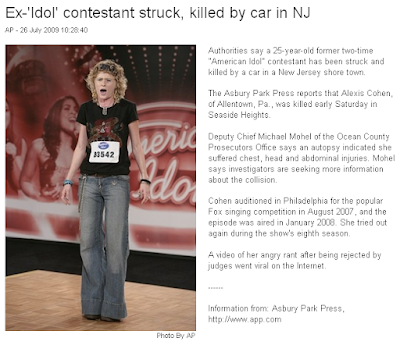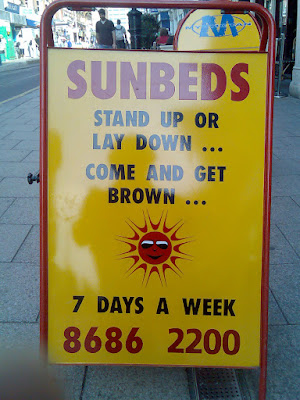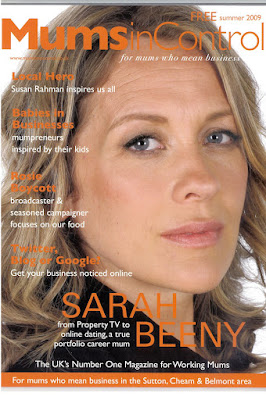
So recently I've been dipping into
Uglier Than a Monkey's Armpit, a collection of insults and curses from around the world.
For some reason I've found the African-language insults the most entertaining, such as the Afrikaans "jy was uit jou ma se gat gebore want sy so besig was om te naai". I can't really give you the translation as my mother reads this blog, but trust me, it's crass. Perhaps Google can help you out if you're curious.
It's difficult for me to vouch for the accuracy of the book, as to my shame I'm only fluent in English. I do remember some Russian from my time in Moscow, including a phrase that translates literally as 'hanging a noodle on someone's ears' (and is, perhaps, equivalent to the English 'pulling the wool over someone's eyes') - and that's in the book, at least.
Unfortunately Uglier gives a transliteration of the phrase and a guide to pronunciation but no Cyrillic version - less than ideal for the serious language student. For the record, I think it's something like 'лапшу на уши вешать
кому-нибудь
'. I'm sure someone will correct me if I'm wrong!
Anyway, Uglier Than a Monket's Armpit is well written and certainly informative, if more from a cultural viewpoint than a linguistic one. And as luck would have it, I have a (non-tatty) copy to give away. All you have to do to be in with a chance of winning is
come up with an original curse or insult and add it to the comments following this post. I'll give the book to the person whose insult I like the most.
Please note, the emphasis should be on creativity and rather than profanity. Extra kudos for writing your curse or insult in a language other than English (and providing an English language translation). Good luck!















